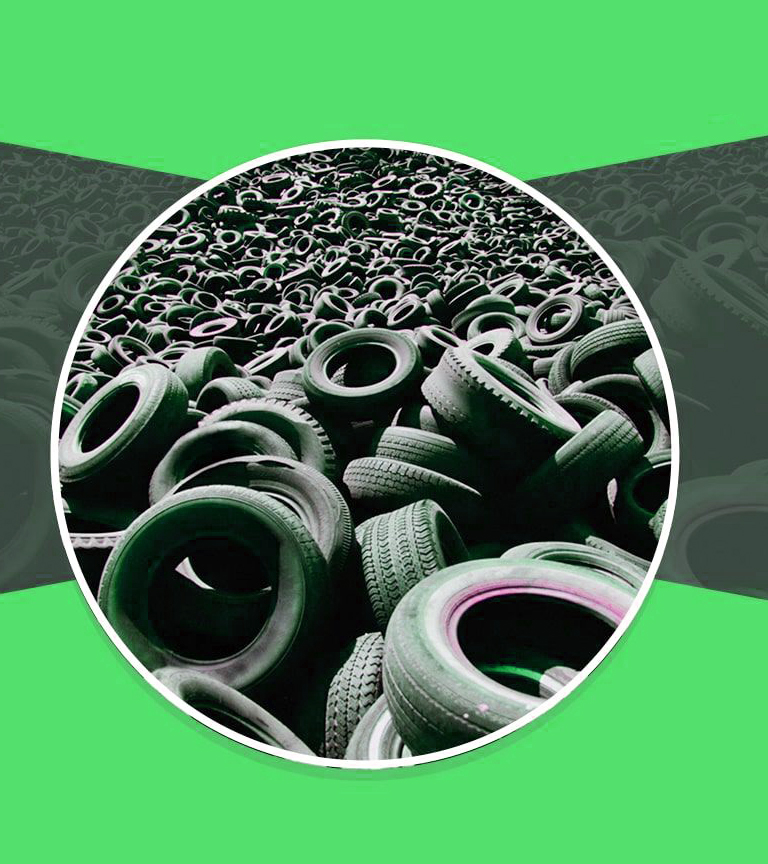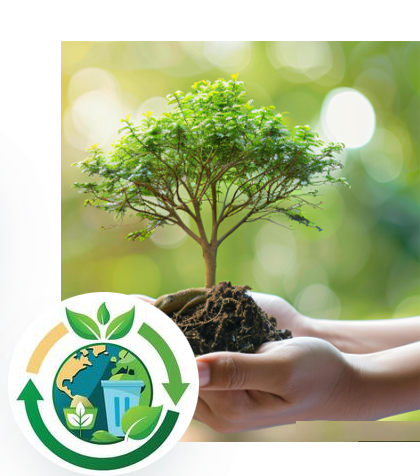What's Tyre EPR Registration?
Extended Patron Responsibility( EPR) is a policy strategy that places the onus on directors to manage the complete life cycle of their products, ensuring their proper disposal or recycling. In India, Tyre EPR Registration is an obligatory demand for directors, holding them responsible for the proper operation and recycling of the waste tyres they manufacture, vend, or import. Through EPR, directors significantly contribute to fostering an indirect frugality and promoting sustainable waste operation practices.
Realities Needed to Obtain Tyre EPR Registration in India
Tyre EPR Registration in India is obligatory for all realities managing end-of-life tyres to ensure proper disposal and compliance.
- Producers
- Recyclers
- Retreaders
- Brand Owner
Documents needed for Tyre EPR Registration in India
Tyre EPR Registration in India requires essential documents to comply with CPCB norms and ensure responsible recycling and disposal of end-of-life tyres as per environmental regulations.
- PAN card of the company
- GST number
- IEC code (if importing tyres)
- CIN number (Company Incorporation)
- Aadhar card of the authorised person
- Covering letter
- Undertaking
- Tyre composition details
- Plant-wise manufacturing data
Validity of Tyre EPR Certificate
The Tyre EPR Certificate remains valid as per CPCB guidelines and requires timely renewal, periodic reporting, and full compliance with EPR scores to ensure legal operations in India.
- Validity Period: Typically valid for 5 years from the date of issue.
- Issued By: Central Pollution Control Board (CPCB), India.
- Renewal: Must be renewed before expiry to continue lawful operations.
- Reporting: Annual returns and compliance reports must be submitted as per CPCB norms
Tyre EPR Registration Process
Tyre EPR enrollment involves completing the enrollment form and meeting environmental compliance conditions for proper waste operation.
- Documentation: All required details and documents are collected and reviewed for accuracy.
- Filing the Application: Once verified, an online EPR application is submitted.
- CPCB Assessment: The Central Pollution Control Board (CPCB) evaluates the application. Any concerns or errors are addressed.
- Grant of EPR Authorisation:Upon approval, the certificate is issued within 30 days. Producers must then implement an EPR action plan to meet their targets.
Key Benefits of Tyre EPR Registration
- Environmental Protection: Encourages responsible waste management and reduces illegal dumping.
- Resource Conservation
- Energy Efficiency: Recycling consumes less energy than manufacturing new tyres.
- Job Creation: Boosts employment through recycling and waste processing diligence.
- Regulatory Compliance: Ensures adherence to CPCB.
Suspension and Cancellation of Tyre Waste EPR Registration
-
The Central Pollution Control Board may cancel or suspend the registration under the following conditions:
- Document is found to be false or misleading.
- In case of non-compliance with EPR obligations.
- Environmental compensation may be imposed.
- A 15-day notice period is given before any action is taken.
Important Points to Remember
- Before the expiry, Renewal can be applied for 60 days.
- Registration takes around 30 working days.
- Non-compliance can result in cancellation OR suspension by the Central Pollution Control Board.
Why Choose Ewour for Tyre EPR Registration?
-
We simplify compliance. Our team offers expert assistance in Tyre EPR Registration from documentation to certification, pan-India.
- One-Stop Corporate Solution
- PAN India Services
- Free Expert Assistance
- Google-Verified Business
- Dedicated Support Staff
- Money-Back Guarantee
Tyre EPR Registration in India plays a vital part in promoting responsible and sustainable tyre waste operations. By icing proper collection, Tyre recycling, and disposal, it helps reduce environmental hazards and supports a greener frugality. Directors and related stakeholders must comply with these regulations to produce a cleaner future.










